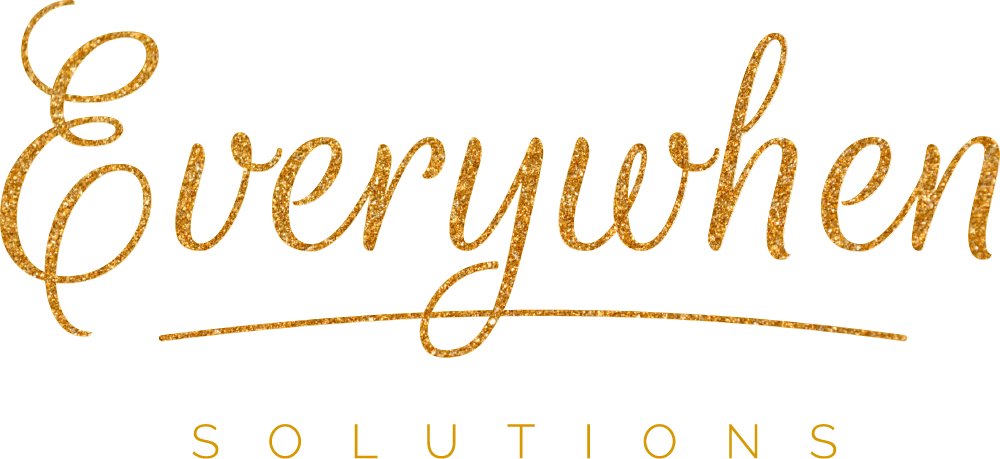One of my clients (I’ll call her Zara) is on an upward career trajectory. Intelligent, articulate, she ticks all the boxes around the capabilities in the framework applied by her preferred employer.
Her recent experience in a selection process reminds me of the phrase attributed to Peter Drucker ‘culture eats strategy for breakfast’.
Employing this person would seem sensible as a strategy to embed operational excellence, maximising profit and productivity, and drive innovation and growth.
She was not selected.
Feedback was vanilla and smacked of an environment where culture prevails to the detriment of sound strategic decision making.
Feedback included ‘do your time, ‘you’re too driven, we don’t like that around here’ and ‘there’s nothing you could do differently’.
So what is this selection decision really about?
In my view, culture has played a significant role.
Culture is the behaviours, beliefs, values, and symbols that a group of people accept, generally without thinking about them. I believe culture is heavily influenced by the instincts hard-wired into humans. In this scenario, the non-selection of Zara could be attributed to a particular hard-wired instinct coming to the fore.
In my book Conscious Grit; from stuck to unstoppable, I give this example:
“We use our first impressions to classify. Think about this. You are walking along a beach, and you hear a loud and aggressive noise coming from an animal that you can’t see. It seems to be in the scrub where the beach meets the dunes. But, using first impressions to classify, your instinct tells you that it’s a big and savage dog. It might run after you and bite you. You don’t want to look. You want to get out of the area as fast as you can. However, you challenge your instincts and have a look.”
“In this hypothetical, the dog is caught in a rabbit trap by its leg. The first impression was inaccurate. Our instinct is to think about things as good/ bad or fun/ boring, or she likes me/ she doesn’t like me. In this case, the dog was little (not big) and was in pain (not savage). Once someone has made their instant assessment, they are unlikely to change their opinion.”
And, perhaps in the case of Zara, the recruiters relied on their first impressions rather than digging deeper. But, perhaps they could have asked Zara’s team for some feedback – or even used the 360 that had been completed recently as another source of information – the one they paid for. The one they commended her for on her results and the upcoming possible career trajectory that her results indicated and supported.
Zara has used her resilience, determination, persistence, tenacity and lots of big C courage to recover from this process. She has reflected, rationalised, sourced feedback from others and adjusted her career aspirations to recognise the importance of cultural fit. Zara is in the zone of conscious grit. Kudos to her.
Have you experienced a poor selection process or decision?
What contributed to it?
What have you done to recover from a process that didn’t go your way?
Have you been on a panel and wanted a different outcome but couldn’t argue your case strongly enough?
Do you have examples where culture has eaten strategy for breakfast?
Thoughts welcome. gail@everywhensolutions.com.au

